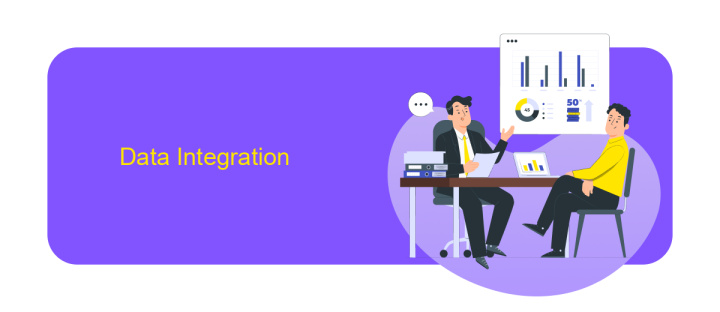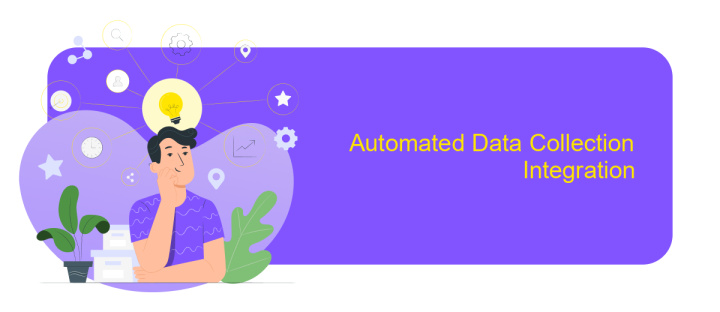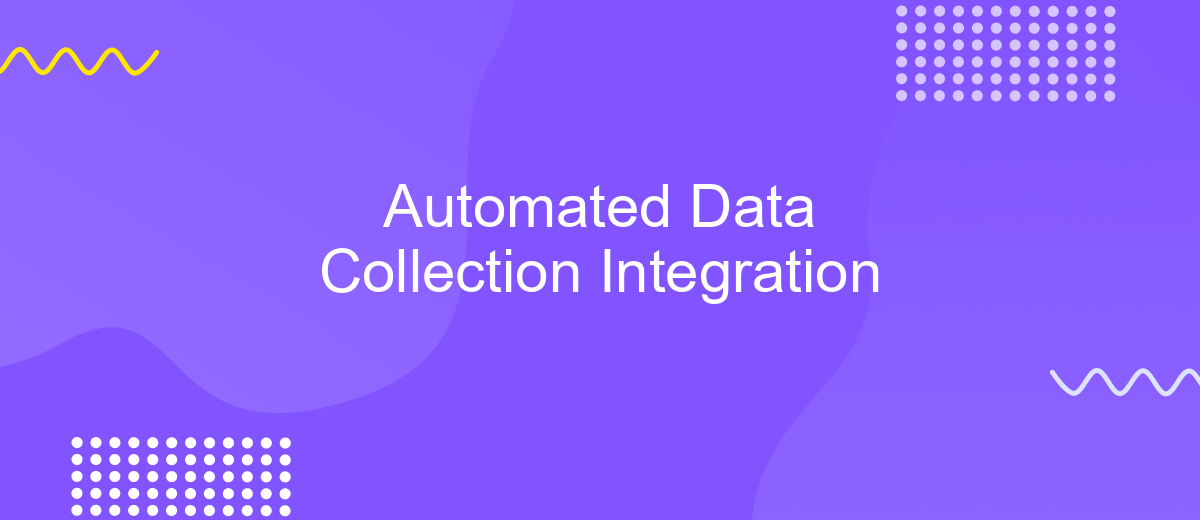Automated Data Collection Integration
Automated Data Collection Integration is revolutionizing the way businesses gather and analyze information. By seamlessly combining various data sources and employing advanced algorithms, organizations can obtain real-time insights and make informed decisions faster than ever before. This integration not only enhances efficiency but also reduces the likelihood of human error, paving the way for more accurate and reliable data-driven strategies.
Introduction
Automated data collection integration has become a cornerstone for modern businesses seeking to leverage data-driven insights. By seamlessly connecting various data sources, organizations can streamline operations, enhance decision-making processes, and achieve higher efficiency. The integration of automated data collection systems eliminates manual data entry, reducing errors and freeing up valuable human resources for more strategic tasks.
- Improved data accuracy and consistency
- Reduced operational costs
- Enhanced real-time analytics
- Better compliance with data regulations
- Scalability to handle growing data volumes
As the digital landscape continues to evolve, the importance of automated data collection integration cannot be overstated. Businesses that adopt these technologies are better positioned to stay competitive, adapt to market changes, and drive innovation. This section explores the various facets of automated data collection integration, offering insights into its benefits, challenges, and best practices.
Data Integration

Data integration plays a crucial role in automated data collection, bridging the gap between disparate data sources and ensuring a seamless flow of information. By consolidating data from various platforms, businesses can achieve a unified view, which is essential for accurate analysis and decision-making. Effective data integration involves the use of advanced tools and technologies that can handle large volumes of data, ensuring both consistency and reliability.
One such tool is ApiX-Drive, a service designed to simplify the integration process. ApiX-Drive allows users to connect different applications and automate data transfers without the need for coding skills. This service supports a wide range of integrations, making it easier for companies to synchronize data across multiple platforms. By leveraging ApiX-Drive, businesses can streamline their data workflows, reduce manual errors, and enhance overall efficiency in their data management processes.
Challenges

Integrating automated data collection systems presents several challenges that can hinder their effectiveness and efficiency. These challenges can arise from various aspects such as technical limitations, data quality issues, and organizational resistance. Addressing these challenges is crucial for ensuring that the data collection process is smooth, accurate, and beneficial for the organization.
1. Technical Compatibility: Ensuring that the automated data collection tools are compatible with existing systems can be difficult, often requiring significant customization and integration efforts.
2. Data Quality: Automated systems may collect large volumes of data, but ensuring the accuracy, consistency, and reliability of this data can be challenging.
3. Security Concerns: Protecting sensitive data from breaches and ensuring compliance with data protection regulations is a significant concern.
4. Cost: The initial investment and ongoing maintenance costs of automated data collection systems can be high, posing a barrier for some organizations.
5. Resistance to Change: Employees and stakeholders may resist adopting new automated systems, preferring traditional methods they are more comfortable with.
Overcoming these challenges requires a strategic approach involving thorough planning, stakeholder engagement, and continuous monitoring and improvement of the automated data collection processes. By addressing these issues proactively, organizations can fully leverage the benefits of automation in data collection.
Automated Data Collection Integration

Automated data collection integration is a vital process that enables seamless gathering and processing of data from various sources. This integration ensures that data is collected in real-time, allowing for timely and accurate analysis. By automating the data collection process, organizations can significantly reduce manual effort, minimize errors, and enhance decision-making capabilities.
Implementing automated data collection involves several key steps. First, it is essential to identify the data sources and determine the type of data required. Next, appropriate tools and technologies must be selected to facilitate the data collection process. Finally, the collected data needs to be integrated into a centralized system for analysis and reporting.
- Identify data sources
- Select appropriate tools and technologies
- Integrate data into a centralized system
By following these steps, organizations can ensure that their data collection processes are efficient and reliable. As a result, they can make more informed decisions based on accurate and up-to-date information, ultimately driving better business outcomes.
- Automate the work of an online store or landing
- Empower through integration
- Don't spend money on programmers and integrators
- Save time by automating routine tasks
Conclusion
The integration of automated data collection systems has revolutionized the way businesses operate, offering unprecedented efficiency and accuracy. By eliminating manual data entry and reducing the risk of human error, companies can now focus on more strategic tasks, leveraging real-time data for informed decision-making. The seamless integration of these systems not only enhances productivity but also provides a competitive edge in today's data-driven landscape.
Services like ApiX-Drive play a crucial role in this transformation by simplifying the setup and management of data integrations. With user-friendly interfaces and robust functionality, ApiX-Drive allows businesses to effortlessly connect various applications and automate workflows. This not only saves time and resources but also ensures that data is consistently up-to-date and accessible. As the demand for automated data collection continues to grow, leveraging such services will be essential for businesses aiming to stay ahead in the market.
FAQ
What is automated data collection integration?
How can I set up automated data collection for my business?
What are the benefits of using automated data collection integration?
Can automated data collection be customized to fit specific business needs?
Is it difficult to implement automated data collection integration?
Apix-Drive is a simple and efficient system connector that will help you automate routine tasks and optimize business processes. You can save time and money, direct these resources to more important purposes. Test ApiX-Drive and make sure that this tool will relieve your employees and after 5 minutes of settings your business will start working faster.


